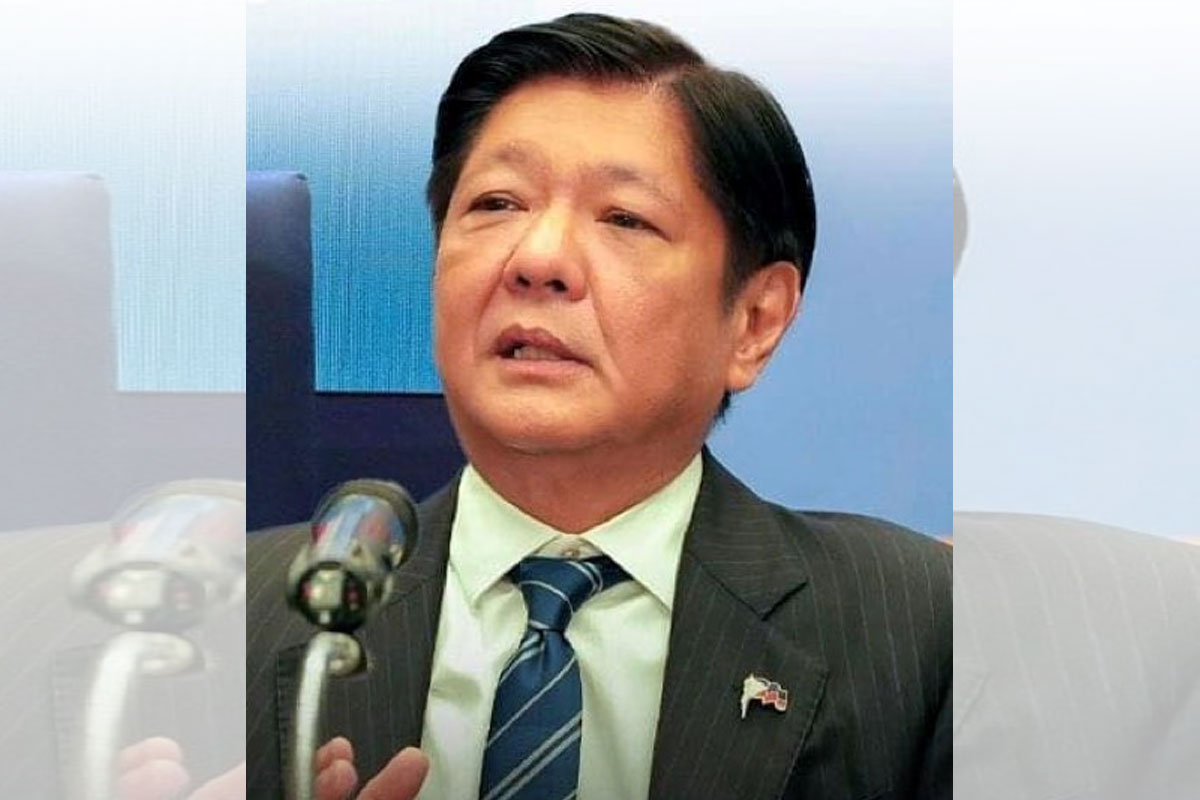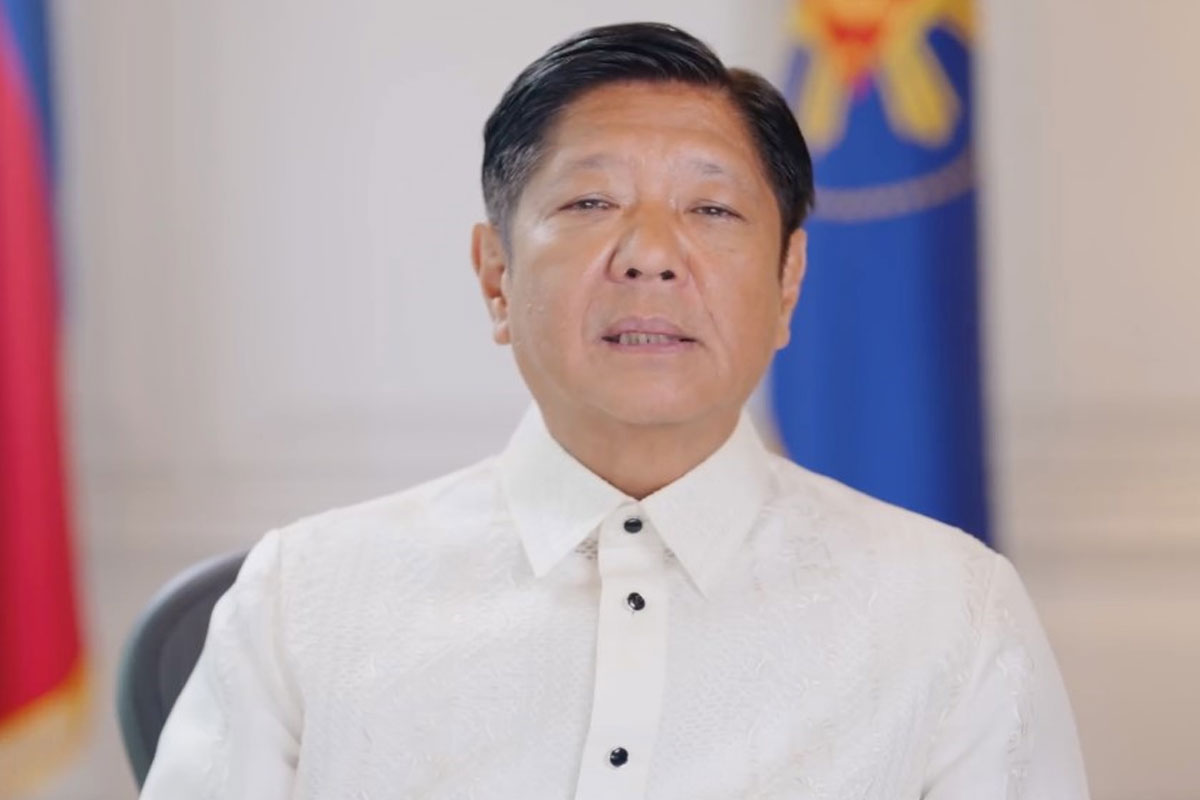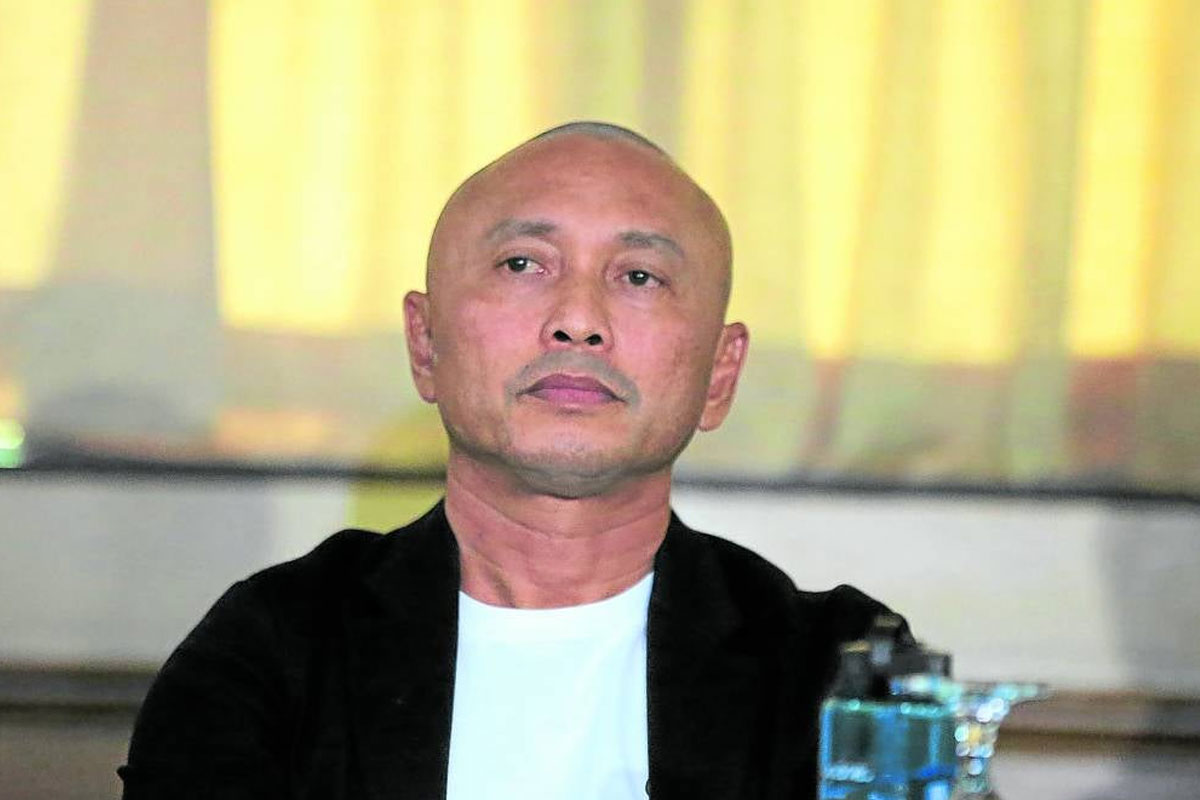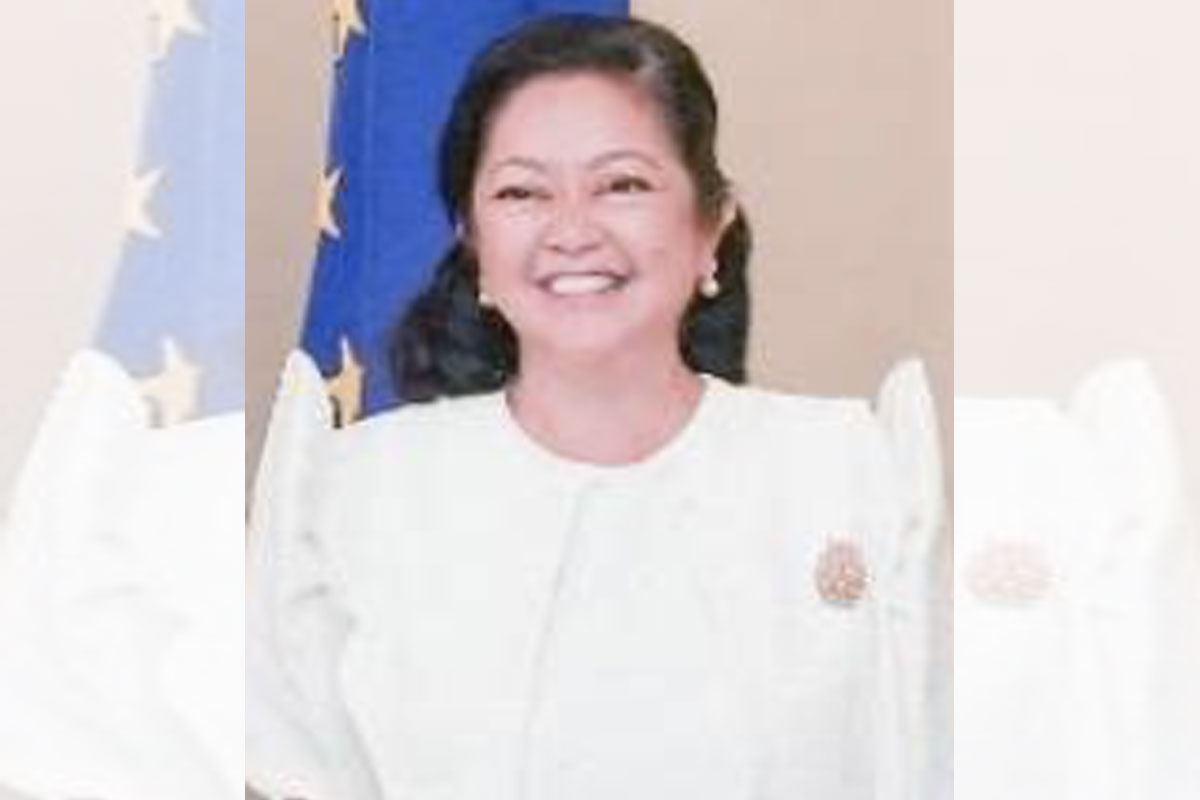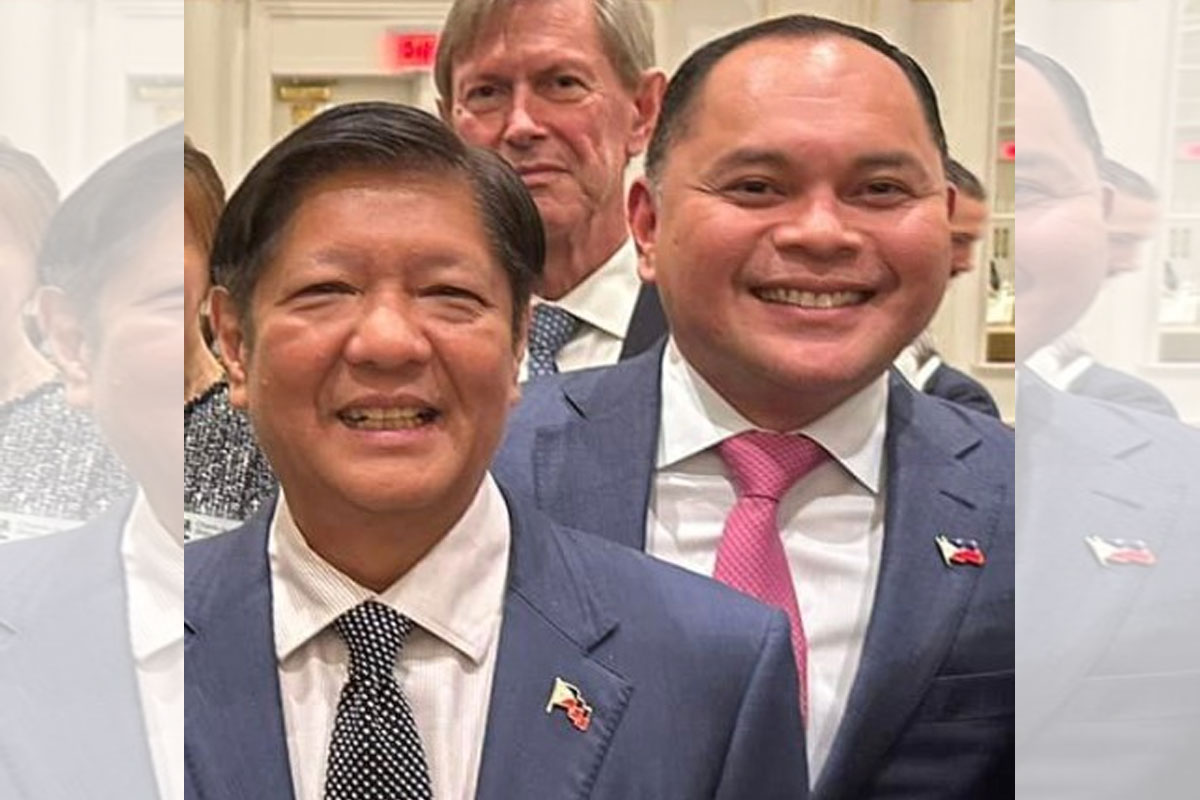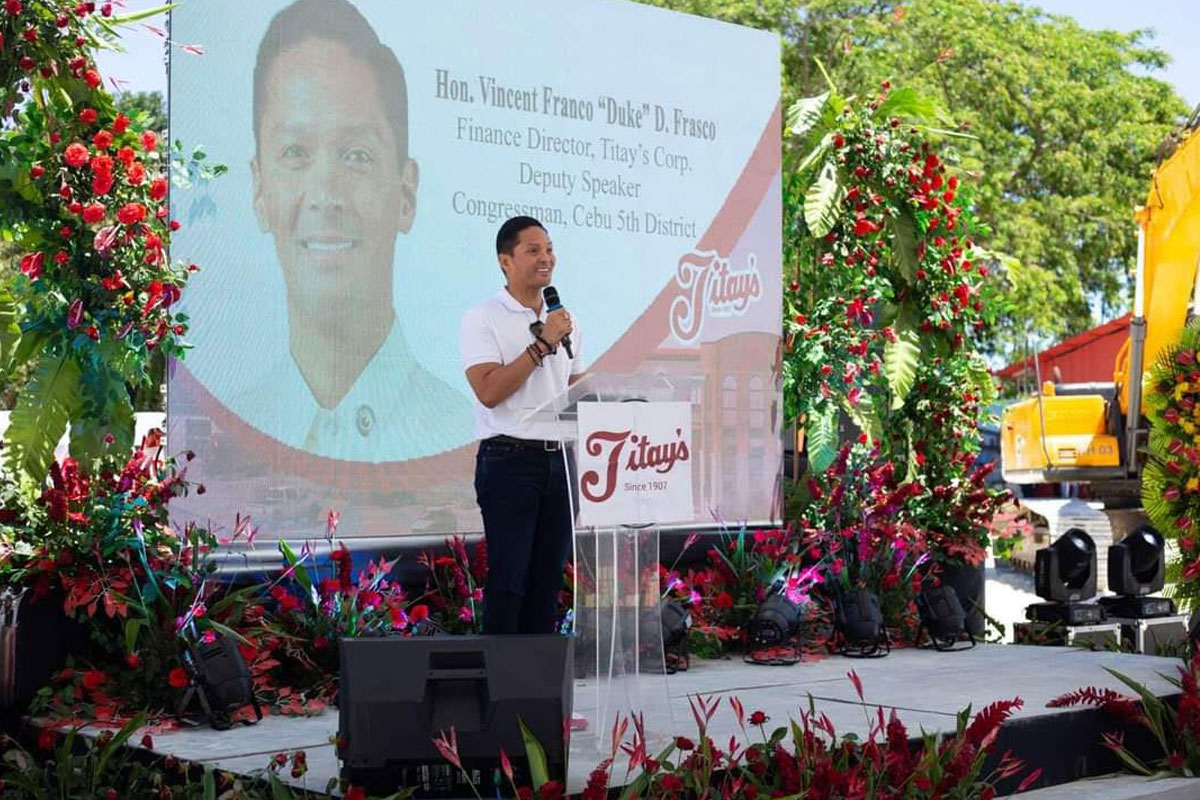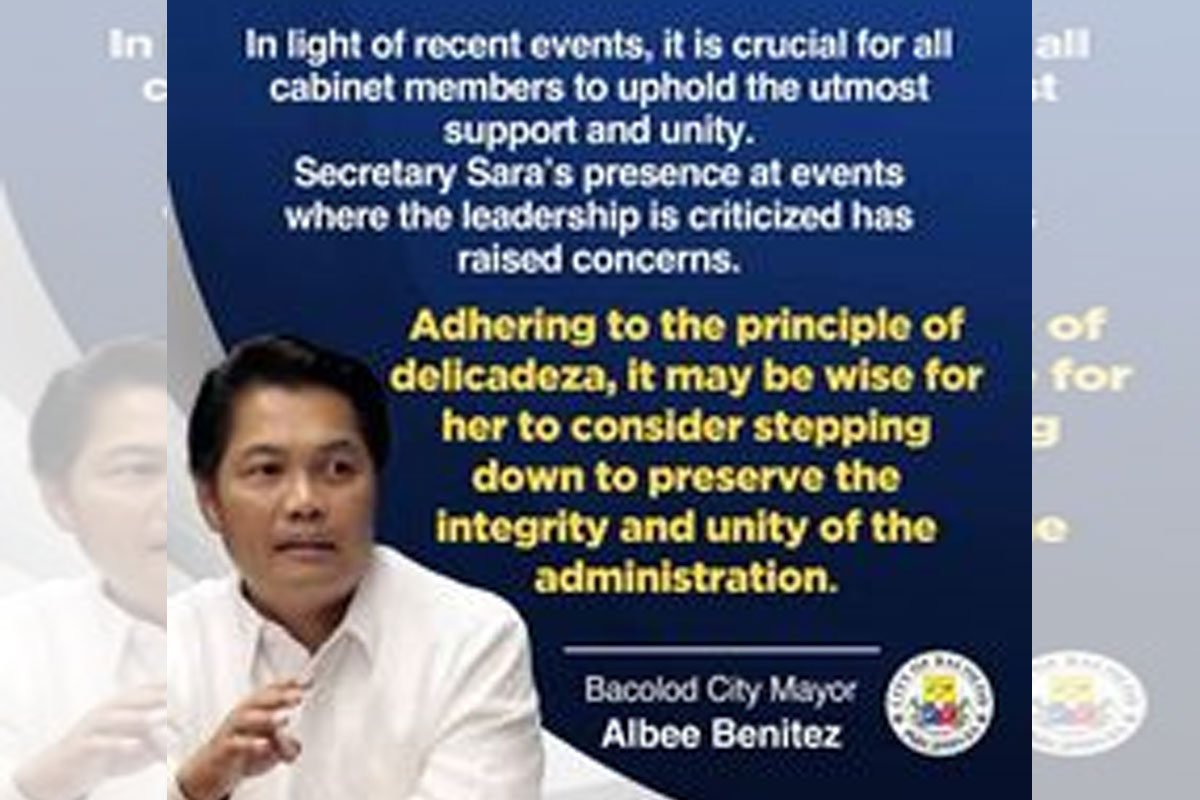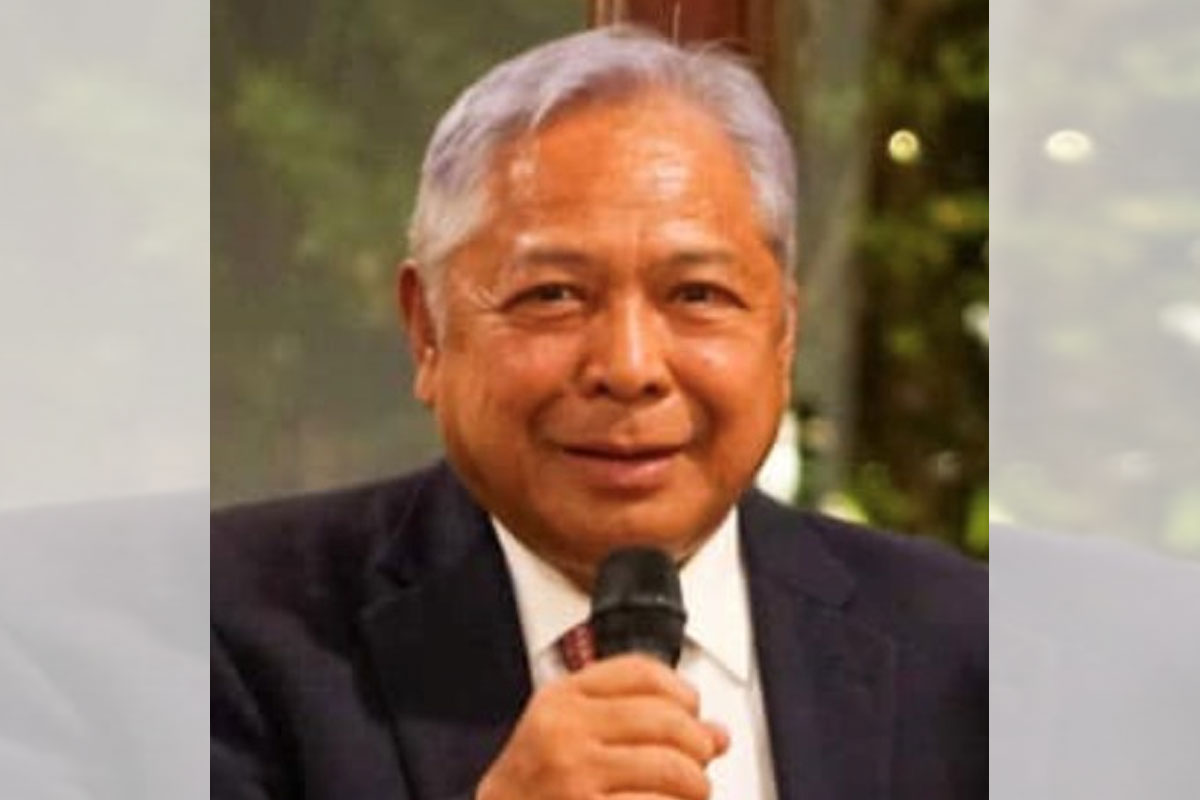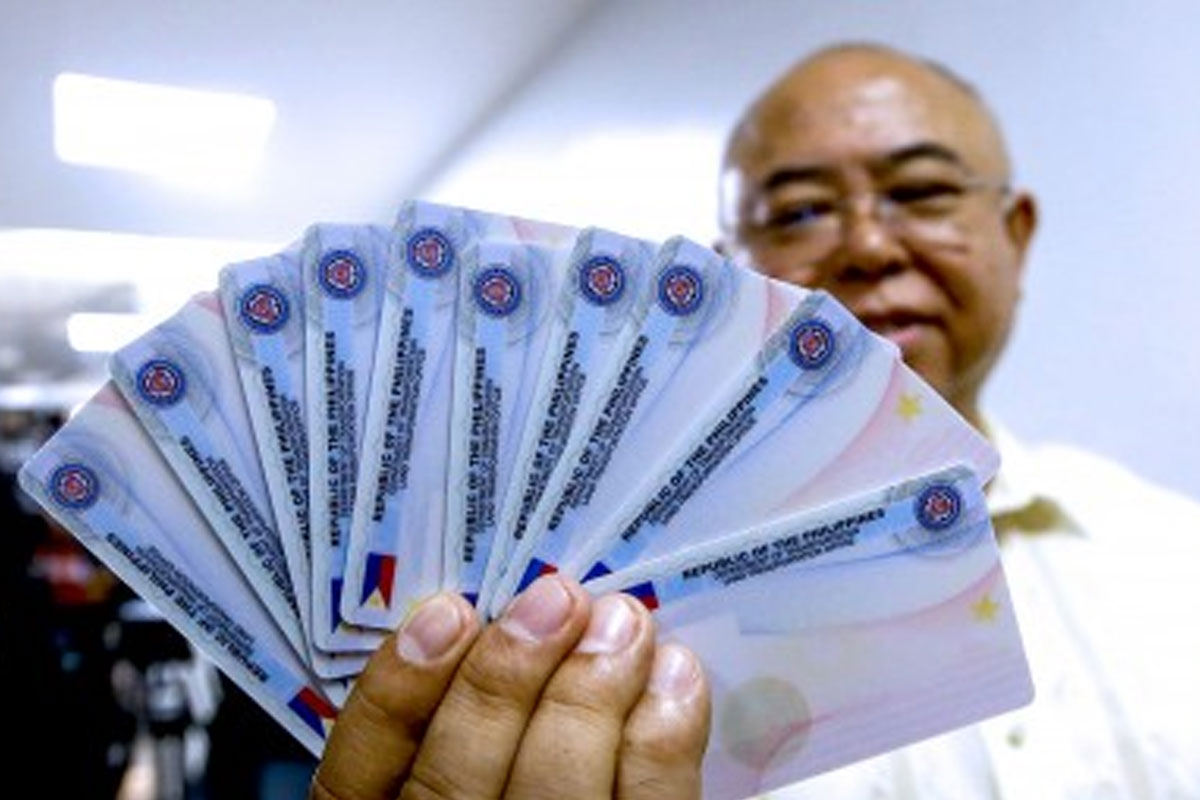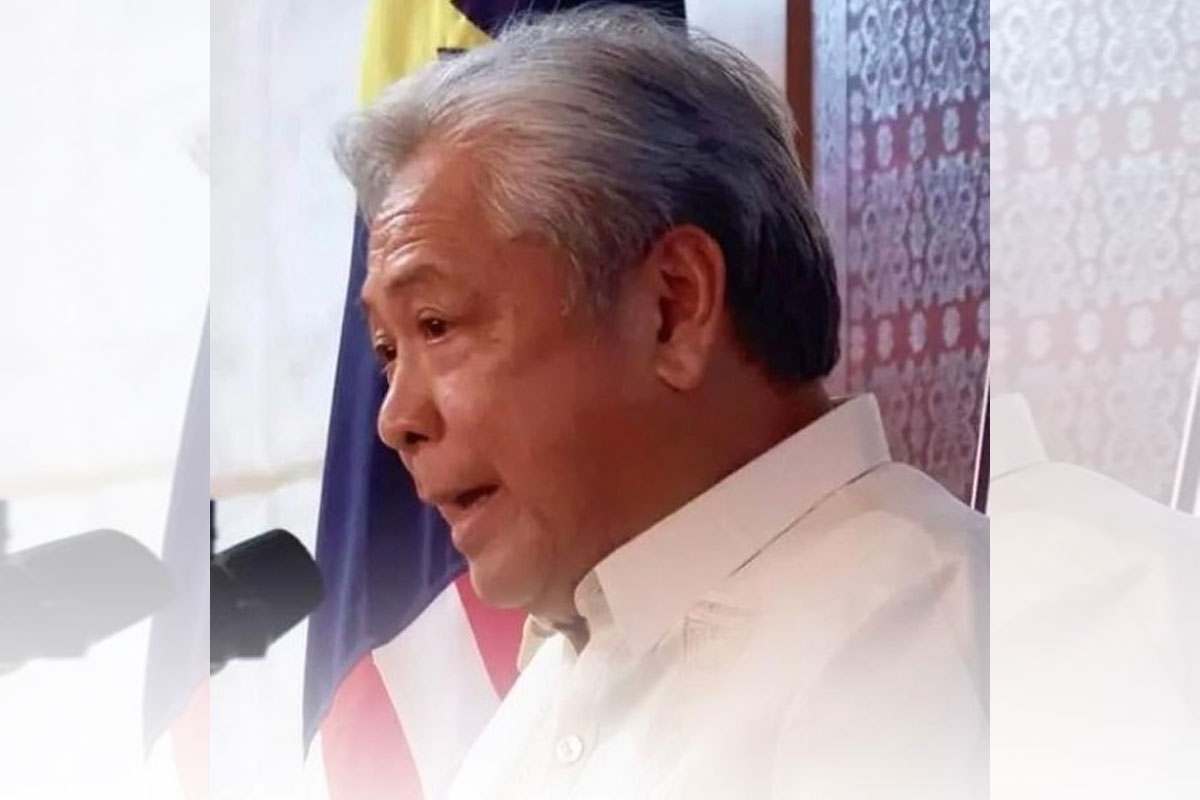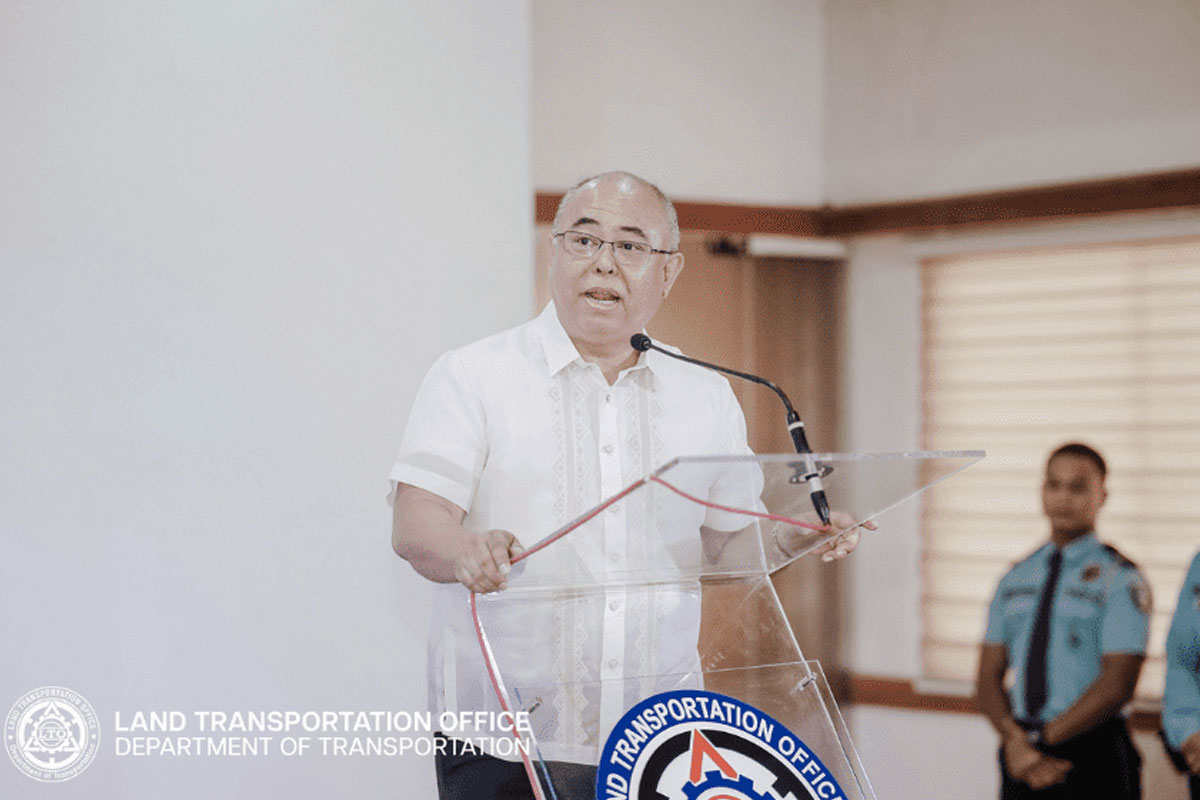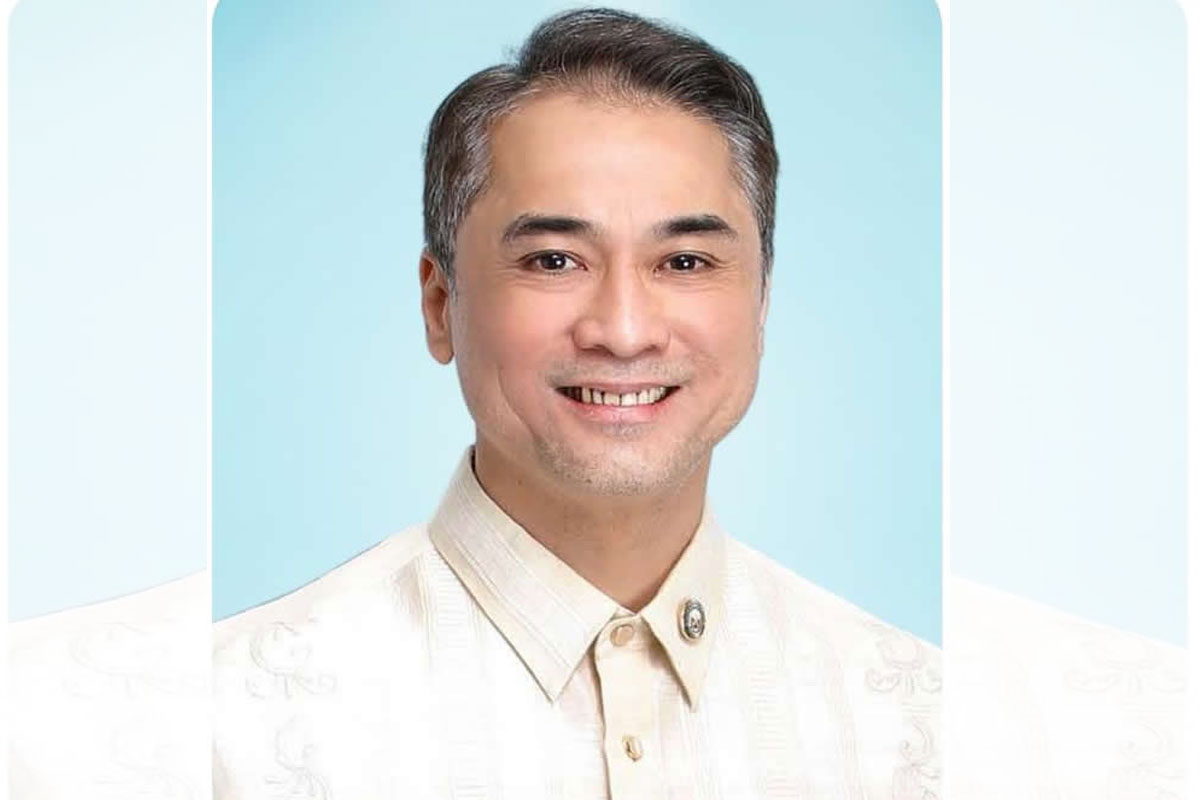
LTFRB: PUVMP transparent
THE Land Transportation Franchising and Regulatory Board (LTFRB) denied Walden Bello’s accusations of corruption in the “Public Utility Vehicle Modernization Program” (PUVMP).
The agency said it is not true that the whole PUV system has been consolidated into three bus companies. Based on LTFRB’s records as of March 4, 2022, there are 1,659 transport corporations and cooperatives operating PUVs on various denominations nationwide. PUBs (public utility buses) have 131 consolidated operators.
LTFRB believes: “In the basic principle that public transport is a public need for which the government should address… the need in a comprehensive and systematic manner.”
The PUVMP is a 10-component program that addresses key issues plaguing the decades-old problems in the country’s public transportation services.
Issues like the problem with so many franchises issued over the last decades do not aptly address demand. LTFRB pointed out that so many franchises are issued on a route, thus it developed into a culture of on-street competition between and among bus operators and drivers.
PUVs are to run routes in an efficient, dependable, and systematic manner for the benefit of commuters, and not to compete against each other. Hence, the need to consolidate the highly fragmented public transport industry in the country.
The agency said that “There has not been a serious, comprehensive study to plan routes that address seamless inter-connectivity of routes as well as establish inter-connectivity of modes (i.e., rail to bus, bus to PUJs, etc.) of public transport (PT), but only under the Duterte administration.
“There is an urgent need for comprehensive route rationalization studies. On this note, for route planning of local routes, the local government units (LGUs), namely the provinces, cities, and municipalities, understand better their respective public transport need, thus, it is the local government units (LGUs) that craft their own Local Public Transport Local Plan or LPTRP,” LTFRB said in a statement.
PUVMP addresses the decades-old problem of the “boundary system” or simply the rent of the PUV, where drivers are entirely dependent on ridership. “Now that routes are run by qualified Transport Service Cooperatives (TSCs) and corporations, the drivers paid on salary with benefits, and are assured of the security of tenure,” the agency said.
LTFRB stated the need for the replacement of old and dilapidated PUVs with modern, comfortable, and environment-friendly units – PUVMP is a program that covers all modes of road-based public land transport – from buses to PUJs.
The government, through the Development Bank of the Philippines (DBP) and the Landbank of the Philippines (LBP), offer very reasonable financing with favorable terms that are responsive to the needs of transport corporations and cooperatives and allow a smooth transition to modern PUVs.
Both banks provide loans to cover 95% of the acquisition cost of the vehicle, with the remaining 5% fully subsidized by the government. Transport corporations and cooperatives are given 7 years to repay said loans, with a grace period of 6 months, under a fixed interest rate of 6% per annum.
The agency also said that the adoption of fleet management systems by operators on their routes gives them the ability to regulate headways and manage vehicle utilization to prevent the present fragmented market structure. In this manner, PUVs are now being run in an efficient, dependable, and systematic manner for the benefit of commuters.
The LTFRB said that the “social support program” is a key element in the program implementation, which gives options to affected transport workers, to either provide enhancement skills and additional competencies if they chose to continue working within the public transport industry or to enroll in alternative livelihood and enterprise-related training for those who opt to take other livelihood programs outside of the public transport industry.
Among the social support programs currently implemented, are the enTsuperneur Program, in partnership with DOLE (Department of Labor and Employment), and the Tsuper Iskolar program, in partnership with TESDA (Technical Education and Development Authority).
The agency said that “No administration has ever gone this far in modernizing our country’s public transportation system in such a profound and comprehensive manner, adopting an all-inclusive approach, except the Duterte administration.”
The modernization program, given its magnitude and comprehensive impact on society, entails the cooperation of national agencies, including the DOF (Department of Finance), NEDA (National Economic and Development Authority), TESDA, DOLE, DTI (Department of Trade and Industry), DENR (Department of Environment and Natural Resources), and DSWD (Department of Social Welfare and Development), among others, according to the LTFRB.





